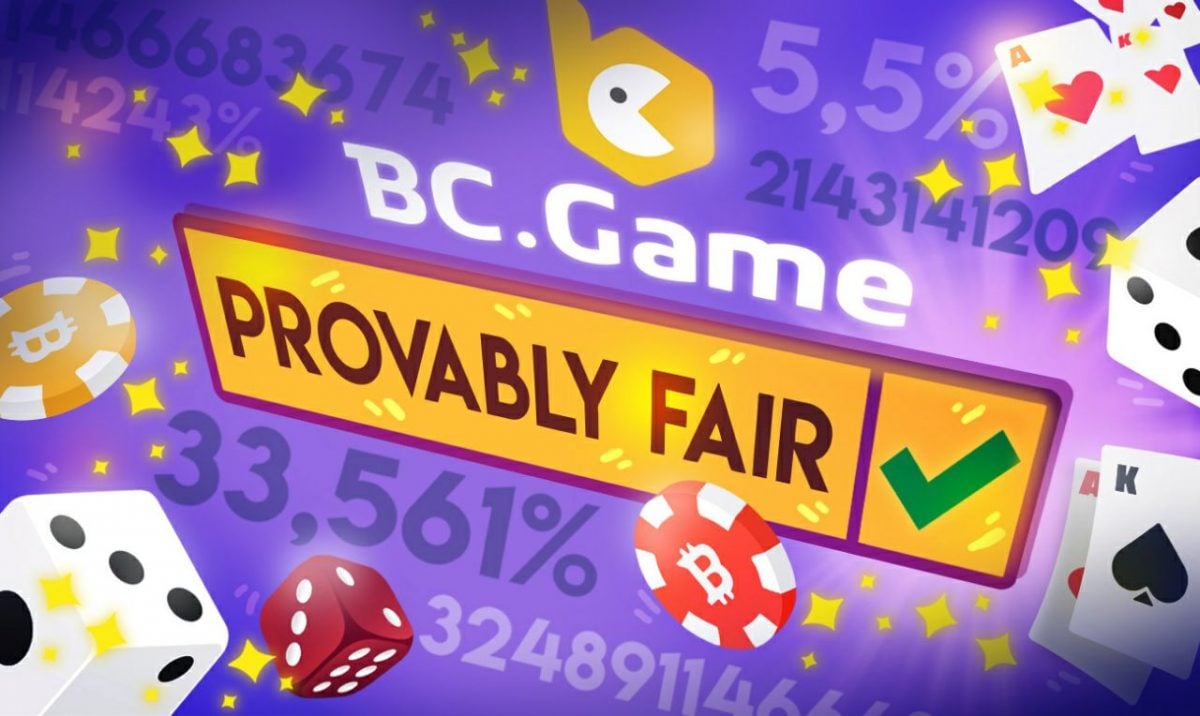There are two types of online slot games being used today. Crypto casinos use provably fair slots that determine game outcomes using a blockchain algorithm, while traditional online casinos rely on random number generators (RNGs). When these two algorithms go head-to-head, which one has the upper hand?
In this guide, we’ll first explore how traditional slot games work and our dependence on third-party companies for their credibility, as well as how provably fair algorithm stands out in transparency.
How do RNG slots work?
At the heart of a traditional online slot game is an random number generator (RNG) program that generates numbers to correspond to the symbols on the reel of the slot machine.
You might say that the RNG program is constantly selecting random numbers every millisecond as long as the game is online. Each symbol on the reels has a corresponding value and the outcome of each spin is determined by the number selected by the RNG program when you hit the spin button or make a bet.
The RNG algorithm is kept secret by the game provider. However, government agencies and other third-party entities make sure that the program performs as it should so the player will not be cheated. At least in theory. Other than that, there really is nothing more you can do to prove the fairness of the slots game.
How do provably fair slots work?
In provably fair games found in Bitcoin slot casinos, multiple sources determine the result. Typically, the game operator’s servers, the player’s browser, and other factors combine and hash to set the game’s outcome in advance.
In West Town slots for example, you place your bets and then click the spin button. Before each round, the provably fair algorithm generates what is known as a “server seed” of random characters. This is then encrypted, or hashed, and the hashed server seed (SHA256) is made publicly available before each round starts.
On the other side, “client seeds” that the player picks or are generated randomly by the player’s browser.
As the game unfolds, both the server and client seeds are combined to create an SHA512 hash. This hash contains the results for each round, or more commonly, every round throughout the session. This means the game predetermines the sequence of slots that will show up for every round.
Crypto casinos keep the unhashed server seed private to prevent game manipulation. However, after the game concludes, players can verify whether the game used the declared hashed server seed, affirming the game’s fairness.
Exact implementation of provably fair systems may vary across different games and platforms but the results can be used by tools like Hash generator, JS Fiddle, or Tools 4 Noobs.
Provably fair games leverage blockchain tech, boasting unchangeable ledger. Once recorded, no one can alter or manipulate it. After you wrap up your session, everyone can view the ‘hash’ with your results on a public ledger. This transparency ensures that provably fair slots maintain unmatched security and integrity.
